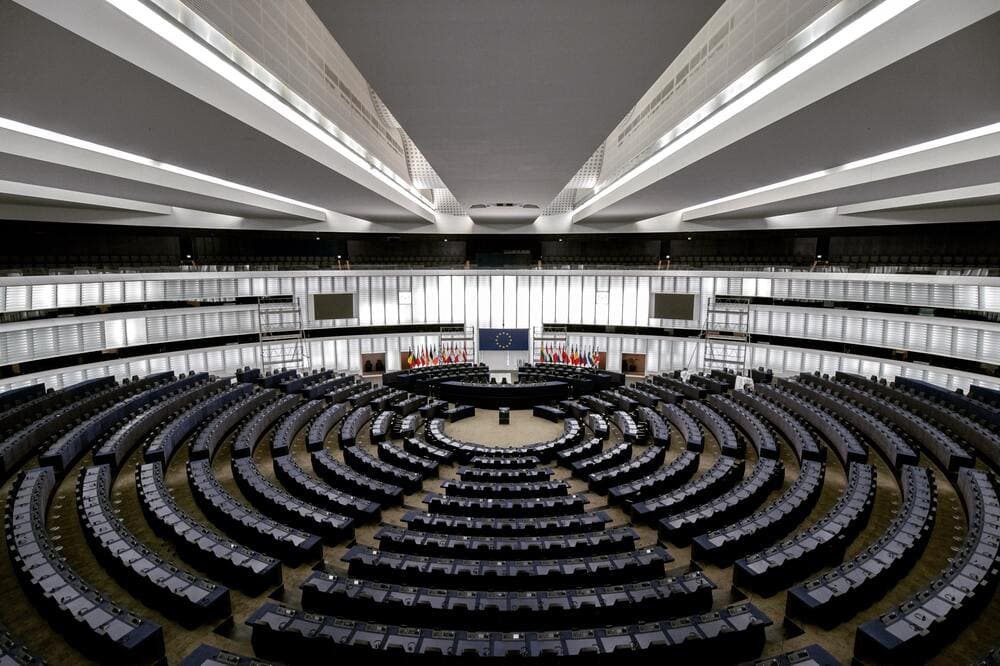Regulatory Compliance Journal
8 articles matching politically exposed persons tag
European Payments Package: PSD3 & PSR: What financial institutions need to prepare for
The European Commission's European Payments Package, consisting of the third Payment Services Directive (PSD3) and the new Payment Services Regulation (PSR), represents the most significant overhaul of EU payments regulation since PSD2 in 2015. Together, the directive and the regulation aim ...
- 8 min read
How to build an effective anti-bribery & corruption program
Your financial institution doesn’t have to be Enron to face a corruption scandal, but a plan to embed integrity deep within your operations is essential. Corruption doesn’t start with bribes but with blind spots in your controls. How does one create an effective anti-bribery & corruption pr...
- 8 min read
AML Package 2024–2026: What Financial Institutions Need to Know about AMLA, AMLR & TFR
The European Union has launched its most ambitious anti-money laundering (AML) reform to date. The “AML Package 2024–2026” introduces a new EU Anti-Money Laundering Authority (AMLA), a directly applicable Anti-Money Laundering Regulation (AMLR), and an updated Transfer of Funds Regulation...
- 9 min read
Why is cash prevalent in money laundering?
Despite the growing prevalence of digital payment systems and tighter financial regulations, cash remains an attractive tool for criminals. Its intractability, portability, and its difficulty to regulate offers a level of anonymity that digital transactions simply cannot match. While government...
- 12 min read
DORA: practical guide for small businesses
Compliance with the Digital Operational Resilience Act (DORA) represents a real challenge for small businesses in the financial sector. Unlike large institutions with dedicated cybersecurity and risk management departments, SMEs often lack specialized resources. They may not even have formal go...
- 8 min read
Looking for Regulatory Watch Newsletter?
More work
Overview and Summary of the 5th AML Directive - AMLD5
AML, Compliance, KYC, Financial firms, Money Laundering, European Commission, 5AMLD, EU, Know your Customer, Politically Exposed Persons,In the past few years, many scandals related to money laundering have been recorded. For instance, the Panama Papers have shown how the rich and powerful use tax havens to hide their wealth. Big companies such as UBS and ABN AMRO are suspected of not...
Why is cash prevalent in money laundering?
Money Laundering, Surveillance, TBML, Financial Inclusion, Cash-Based Money Laundering, AML, Cash Use,Despite the growing prevalence of digital payment systems and tighter financial regulations, cash remains an attractive tool for criminals. Its intractability, portability, and its difficulty to regulate offers a level of anonymity that digital trans...
What are the EU's Anti-Money Laundering Directives?
5AMLD, 6AMLD, AML, Anti Money Laundering, Compliance, Compliance expert, Consultant, EU, Europe, European Commission, European Court of Justice, Financial Institutions, Money Laundering, Politically Exposed Persons,Since 1991, the European Union has regularly updated and released new anti-money laundering directives to adapt to and be able to fight new money laundering and terrorist financing techniques (e.g.: MiCA to regulate crypto-currencies). Today, moder...


-806688168.jpg)










